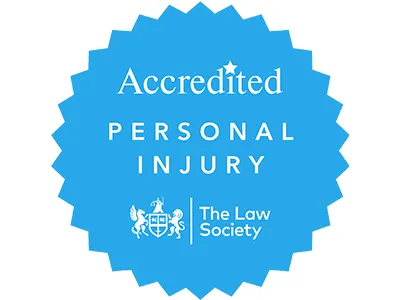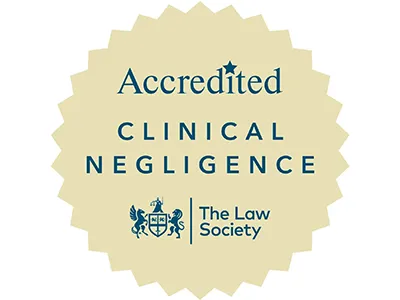Common CICA Claim Mistakes and How to Avoid Them: Tips to Prevent Claim Rejection
Applying for compensation from the Criminal Injuries Compensation Authority (CICA) can offer vital support to those who have suffered physical or psychological injury as a result of violent crime. However, the process is not always straightforward. Each year, many claims are refused or under-compensated due to avoidable errors or omissions. Understanding the common pitfalls, and how to steer clear of them, can make the difference between a successful claim and disappointment.
At Ison Harrison, we have extensive experience guiding clients through the CICA scheme. Below, we outline the most frequent mistakes made by claimants and provide practical tips to help you avoid them.
-
Failing to Report the Crime Promptly
One of the most common reasons for rejection is delay in reporting the crime to the police. The CICA scheme requires the crime to be reported as soon as reasonably practicable. In most cases, this means within 48 hours unless exceptional circumstances apply.
Tip:
Even if you are uncertain about pursuing a claim, always report the incident to the police immediately. Ensure that the report is logged and that you obtain a crime reference number. If a delay is unavoidable (e.g. due to trauma or fear), make sure this is clearly explained in any supporting documentation.
-
Not Cooperating Fully with the Police
CICA expects applicants to fully cooperate with any police investigation. If a claimant refuses to provide a statement, withdraws cooperation, or refuses to testify, this could result in their application being refused.
Tip:
Always engage fully with the investigation. If you feel unsafe doing so, speak to your solicitor about protective measures or support services. Your well-being is a priority, but the CICA needs evidence of reasonable cooperation to process your claim.
-
Missing the Two-Year Deadline
The standard time limit for submitting a CICA claim is two years from the date of the incident. While extensions can sometimes be granted, for instance, in cases involving child abuse or significant psychological trauma, these are the exception, not the rule.
Tip:
Do not delay. Start your claim as soon as possible. If you are nearing the two-year limit, seek legal advice immediately to ensure your application is submitted in time and with adequate justification if outside the standard period.
-
Incomplete or Inaccurate Applications
A significant number of claims are delayed or rejected because the application form is incomplete, contains incorrect information, or lacks critical evidence such as medical records or proof of loss of earnings.
Tip:
Be thorough. Include all relevant details about the incident, injuries, treatment, and any financial losses. Always double-check dates, names, and supporting documents. Legal support can be invaluable here, particularly when it comes to compiling medical evidence or demonstrating the impact of your injuries.
-
Underestimating the Psychological Impact
Many victims focus solely on physical injuries and fail to include psychological harm in their claim, even when it is significant and long-lasting. The CICA recognises psychiatric injury and can award compensation for it if properly evidenced.
Tip:
If you are struggling mentally or emotionally, see your GP or a mental health specialist. Not only is this important for your recovery, but it also ensures that your psychological injuries are properly documented and can be included in your claim.
-
Failing to Seek Legal Advice
While it is possible to submit a claim to the CICA without legal representation, navigating the scheme can be complex. Claims involving sexual violence, child abuse, psychological trauma, or disputed eligibility are particularly sensitive and may require experienced legal input.
Tip:
Consult a solicitor with expertise in CICA claims. At Ison Harrison, we offer a sensitive, no-obligation consultation to assess your case. We work on a No Win, No Fee basis, meaning there is no financial risk to you.
Conclusion
Mistakes in the CICA process are common – but avoidable. By acting promptly, reporting accurately, cooperating with authorities, and seeking professional legal guidance, you significantly improve your chances of a successful outcome.
If you or someone you know has been the victim of a violent crime and is considering a CICA claim, our team at Ison Harrison is here to help.





